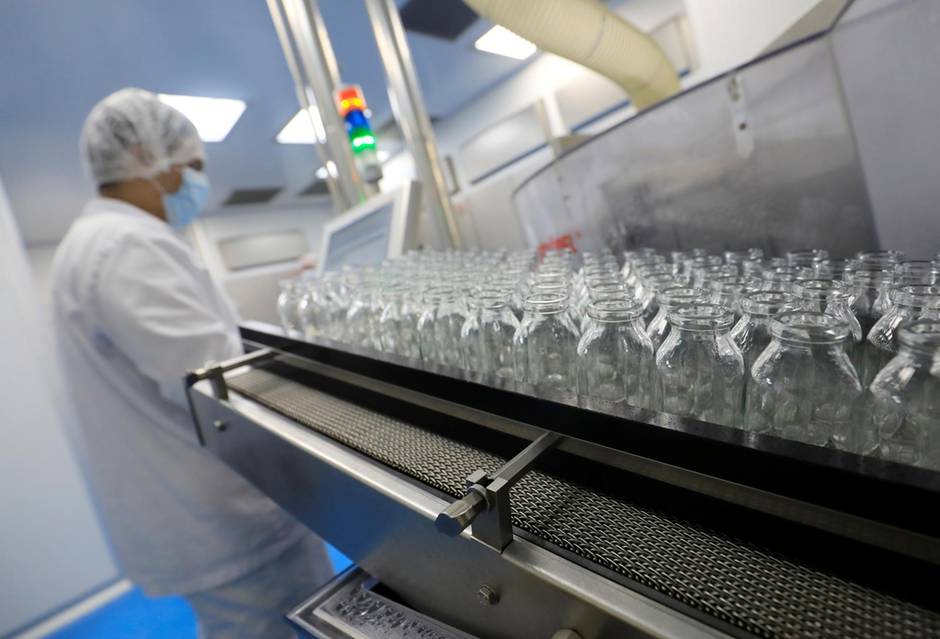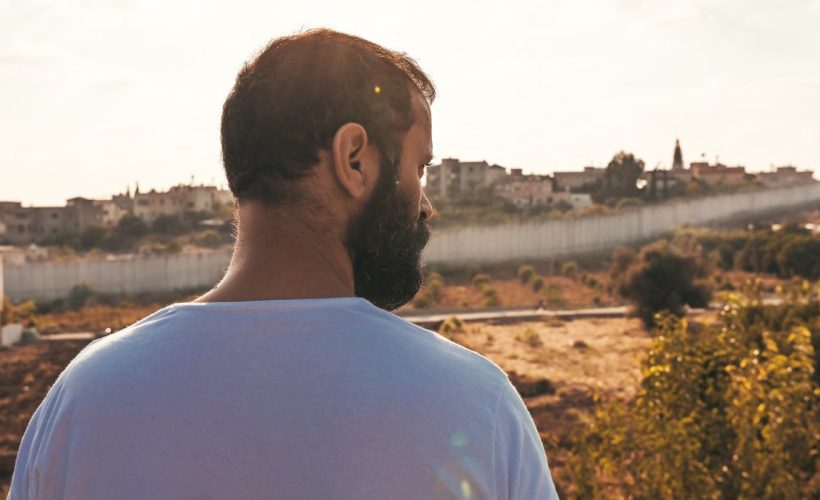Society
6.24.2021
Egyptian drugmaker Eva Pharma to develop “100% Egyptian” Covid vaccine

Using a 100% Egyptian technology, this is the objective that the laboratory Eva Pharma has set itself to create, as early as this year, a local vaccine against Covid-19! This announcement comes directly from the laboratory’s managing director, Riad Armanious.
Creating a local vaccine in the face of the global pandemic
Last month, Egyptian Prime Minister Mostafa Madbouly approved the signing of a partnership agreement between the Ministry of Higher Education and Scientific Research, the Ministry of Agriculture and Eva Pharma to produce a vaccine against the coronavirus. However, no further details have yet been released to the public.

“We are carrying out extensive tests and work to develop our own vaccine from scratch” said the director of the Egyptian laboratory Eva Pharma.
He is very positive about the development of the vaccine: “We should have the first production fully completed by June 2022“, he says proudly.
To overcome the lack of supply from international laboratories
The race to increase the supply of Covid-19 vaccines by local laboratories has become critical in this country of more than 100 million people, where only 3.3% of the population has received a dose and 0.7% is fully vaccinated.

Yet Egypt has been hit hard by the pandemic. In total, more than 278,295 cases of Covid-19 have been reported, including 15,935 deaths, but the actual number is believed to be much higher due to the exclusion of private laboratory results from the figures and limited testing.
Mr Armanious said that Eva Pharma was responding not only to the short-term shortage of vaccine supply, but also to the long-term need to inoculate the Egyptian population against Covid-19: “We were not prepared for this inevitable circumstance. We are still not doing enough to prepare for this to happen again” he said.
A major undertaking
While local production of existing vaccines involves receiving raw materials and carrying out formulation and filling, creating a new vaccine requires more research, testing and time.

“The most difficult part is producing the actual protein, which is then purified, formulated and filled” says the laboratory director.
But once completed, the plant will have the capacity to produce tens of millions of doses each month.
popular

